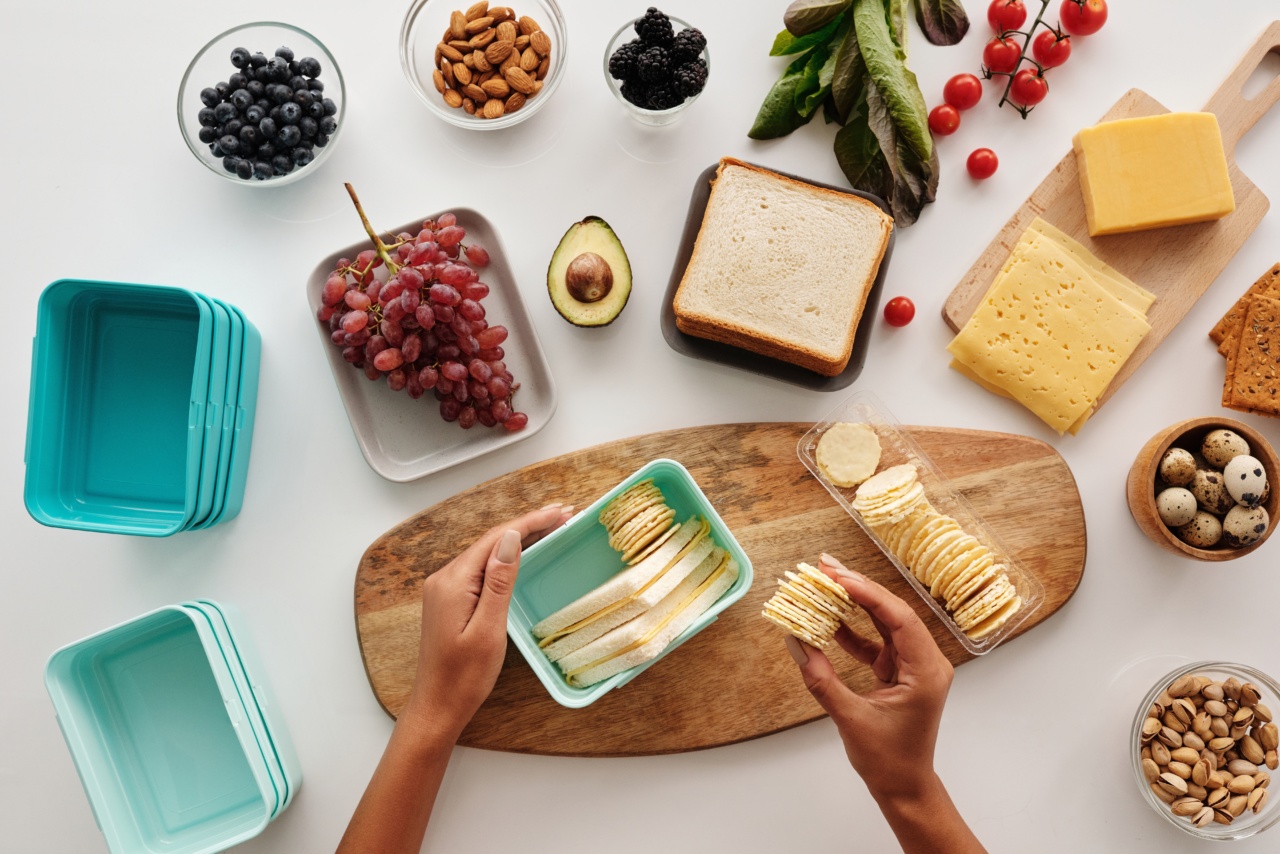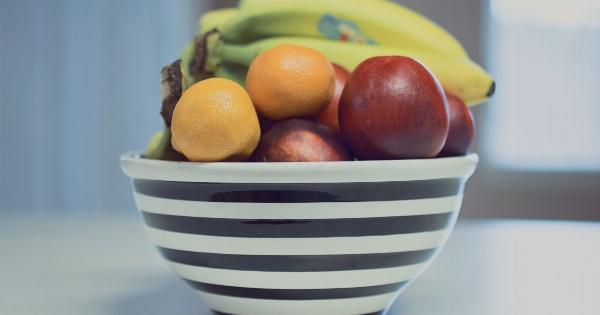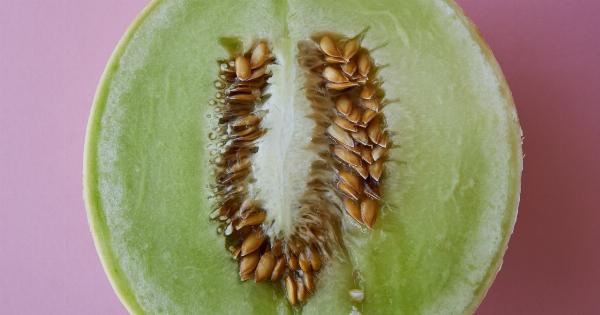Lactose intolerance is a common digestive disorder where the body is unable to digest lactose, a type of sugar found in dairy products.
This condition affects many individuals worldwide and can cause uncomfortable symptoms such as bloating, gas, and diarrhea. However, eliminating dairy from your diet doesn’t mean you have to miss out on essential nutrients. Here are the top 10 dairy-free foods that are not only delicious but also rich in essential nutrients.
1. Almonds
Almonds are a fantastic source of calcium, a mineral often associated with dairy products. Just one ounce of almonds can provide around 75 milligrams of calcium, which is approximately 8% of the recommended daily intake for adults.
Almonds are also packed with other essential nutrients, such as vitamin E, magnesium, and healthy fats.
2. Spinach
Spinach is not only low in lactose but also high in calcium. A single cup of cooked spinach contains about 240 milligrams of calcium. Additionally, spinach is an excellent source of iron, vitamin A, and vitamin K.
Whether in salads, smoothies, or cooked dishes, spinach can be a versatile addition to your lactose-free diet.
3. Salmon
Salmon is a great source of vitamin D and omega-3 fatty acids. Vitamin D helps with calcium absorption, making it an important nutrient for individuals with lactose intolerance.
Including salmon in your diet can help meet your vitamin D and essential fatty acid needs. Grilled, baked, or broiled, salmon makes a tasty and nutritious addition to any meal.
4. Coconut Milk
Coconut milk is a dairy-free alternative to cow’s milk. It is rich in medium-chain triglycerides (MCTs), which are healthy fats that can be easily absorbed and utilized by the body for energy.
Coconut milk is also a good source of vitamins C, E, and several B vitamins. It can be used as a replacement for regular milk in various recipes, including smoothies, curries, and baked goods.
5. Quinoa
Quinoa is a nutrient-dense grain that is naturally gluten-free and lactose-free. It is an excellent source of protein, fiber, and essential minerals such as magnesium, iron, and zinc.
Quinoa can be easily prepared and used as a base for salads, side dishes, or even as a substitute for rice in different recipes.
6. Chia Seeds
Chia seeds are tiny powerhouses of nutrition and a fantastic source of calcium, iron, and omega-3 fatty acids. They are also rich in fiber, which can support healthy digestion.
Chia seeds can be soaked and used in puddings, added to smoothies, or sprinkled on top of yogurt alternatives for a crunchy texture.
7. Oats
Oats are naturally gluten-free and can be enjoyed by individuals with lactose intolerance. They are an excellent source of fiber and contain essential minerals such as manganese, phosphorus, and magnesium.
Oats can be used to make a comforting bowl of oatmeal, added to baked goods, or blended into smoothies.
8. Dark Leafy Greens
Dark leafy greens, such as kale, collard greens, and broccoli, are incredibly nutritious and low in lactose. They are loaded with vitamins A, C, and K, as well as minerals like calcium and magnesium.
Incorporating these greens into your diet can help meet your nutritional needs without consuming dairy products.
9. Soybeans
Soybeans and soy products, such as tofu and tempeh, are lactose-free and packed with essential nutrients. Soybeans are an excellent source of plant-based protein, iron, and calcium.
They provide all nine essential amino acids, making them a complete protein source. Tofu and tempeh can be used as substitutes for meat in various recipes.
10. Oranges
Oranges are not only a refreshing citrus fruit but also an excellent source of vitamin C. They are naturally sweet and packed with antioxidants that can support overall health.
Whether eaten as a snack, juiced, or added to salads, oranges can be a delicious and nutritious addition to a lactose-free diet.






























